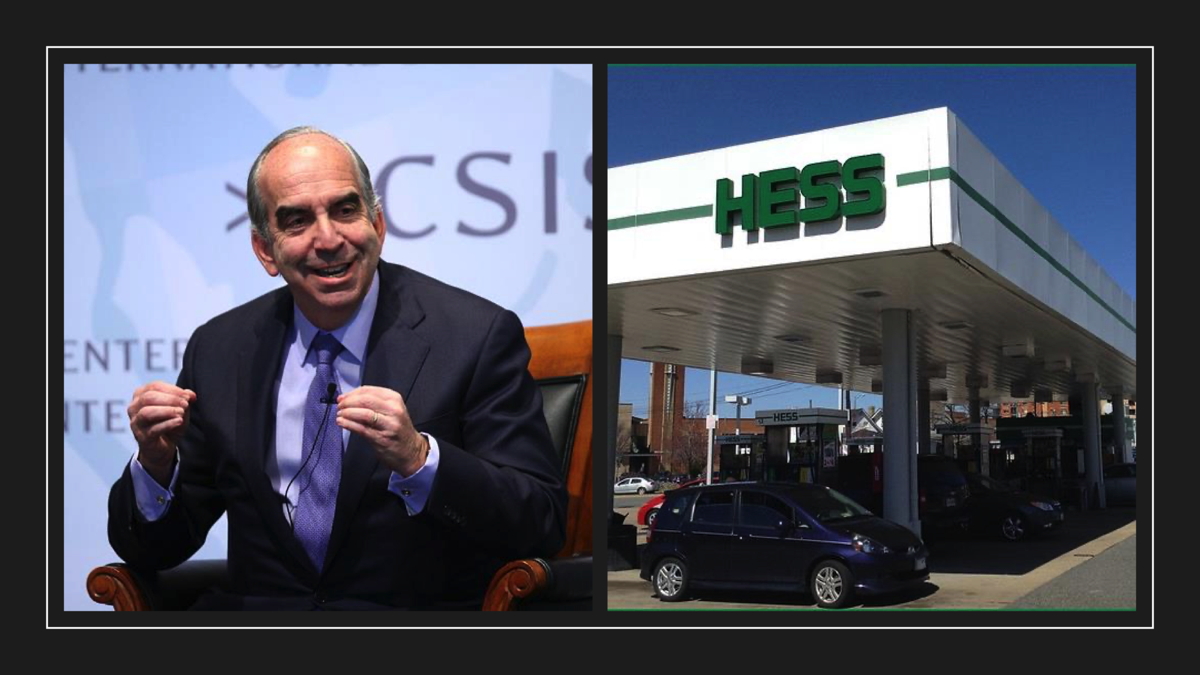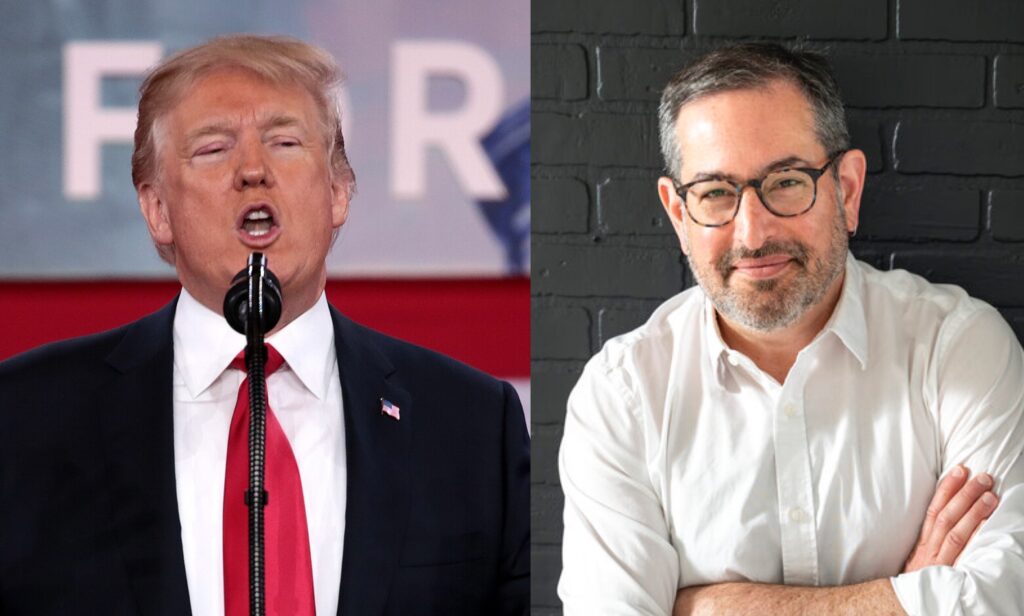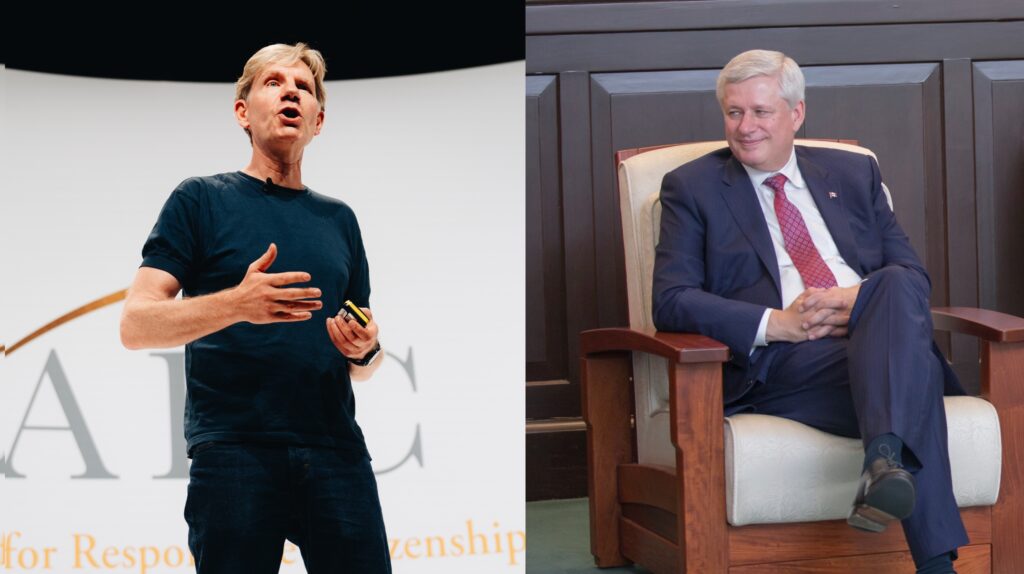Hess Corp. CEO John Hess won’t be joining Chevron’s 12-person board of directors, even assuming the companies close their $53 billion deal, currently mired in arbitration, under a Federal Trade Commission (FTC) consent order made public today.
For years, Hess communicated about oil production with high-level OPEC and Saudi officials in public and in private, the FTC found as it investigated the proposed merger.
“Today’s complaint identifies statements by Hess Corporation CEO John Hess that signaled support for efforts by OPEC+ to stabilize production,” FTC Chair Lina Khan said in a statement joined by two other FTC commissioners. “While this may boost the companies’ bottom lines, it means Americans pay inflated prices.”
The FTC’s complaint is the second major deal this year where the antitrust agency found evidence of collusion between top shale producers and oil companies that they’re legally obligated to compete against.
“The Commission’s actions in Chevron-Hess and Exxon-Pioneer mark an important step towards ensuring that U.S. oil producers are serving as a competitive check on OPEC+,” Khan added, “rather than subordinating their independent decision-making to the goals set by a cartel.”
Ending the Shale-OPEC Price War
The FTC’s complaint over the Chevron/Hess deal begins by describing the oil price war between shale producers and OPEC that started a decade ago — fueled by the sudden glut of U.S. oil unleashed by fracking. “OPEC responded to renewed competition from U.S. shale oil producers by engaging in price wars that contributed to the sustained price drop and by adding affiliate countries to its organization (known as the ‘OPEC+’ countries),” the FTC wrote.
By the end of 2016, however, OPEC’s then-Secretary General Mohammed Barkindo changed tactics, seeking instead “to convince U. S. producers to coordinate oil production and inventory reserves” with the global oil cartel.
Hess, along with Pioneer Natural Resources’ Scott Sheffield and other shale executives, “attended public meetings and maintained private communications with OPEC representatives,” the FTC found.
Hess’s private communications with OPEC and Saudi officials are redacted in the FTC’s complaint — but the FTC wrote that Hess “repeated themes from his private communications” in a July 2021 earnings call. During that call, Hess called OPEC “the Federal Reserve of oil prices,” adding that he thought OPEC had “been very disciplined, very wise, and being [sic] very tempered about bringing their spare capacity back.”
Hess’s contacts with OPEC continued into at least last year, it appears from the heavily redacted complaint, with the FTC citing Hess’s appearance at an OPEC summit in Vienna in July 2023, just a few months before the Chevron deal was announced.
“Mr. Hess’s supportive messaging to OPEC encourages OPEC’s output stabilizing agenda, and may also signal how OPEC’s decisions may be received by other market participants,” the FTC wrote. “Because Chevron is substantially larger than Hess, Mr. Hess’s elevation to Chevron’s Board of Directors would amplify the importance and likely effect of any public or private communications on these issues.”
In the meantime, with the Chevron acquisition stalled out in a dispute with ExxonMobil over Hess Corp.’s Guyanese assets, Mr. Hess remains at the helm of Hess Corp. “The Hess Board of Directors believes that the competitive concern raised by the FTC about Mr. Hess’ communications is without merit, and fully supports Mr. Hess in his role as CEO of Hess Corporation,” the company said in a statement announcing its consent agreement with the FTC.
The companies expect that arbitration to be concluded by August or September 2025.
“We are very pleased that our merger with Chevron has cleared this significant regulatory hurdle,” Mr. Hess said. “This transaction continues to be an outstanding deal for Hess and Chevron shareholders and will create a premier integrated energy company that is ideally positioned for the energy transition.”
Outside observers, however, have tended to view Chevron’s $53 billion purchase of Hess as a doubling down on oil, particularly in Guyana, with little to do with the energy transition underway. “The large companies — non-government companies — do not see an end to oil demand any time in the near future. That’s one of the messages you have to take from this,” Larry J. Goldstein, a former president of the Petroleum Industry Research Foundation, told CNBC last year when the deal was announced. “They are committed to the industry, to production, to reserves and to spending.”
Those producers — and many of their peers — now face a host of Congressional probes and class-action civil lawsuits, based in part on evidence the FTC uncovered as it reviewed those deals, as well as public comments made by shale executives over the same time frames.
Over the weekend, with rumors swirling that John Hess would be barred from Chevron’s board, the Senate Budget Committee posted a reminder that it was still awaiting answers from Hess as part of the committee’s probe into coordination between U.S. producers and OPEC member countries.
In May, as the FTC’s findings about former Pioneer Natural Resources Sheffield’s communications with other oil executives were made public, roughly two dozen Democratic senators wrote to the Department of Justice, urging the DOJ to criminally “investigate the oil industry, to hold accountable any liable actors, and to end any illegal activities.”
Subscribe to our newsletter
Stay up to date with DeSmog news and alerts







